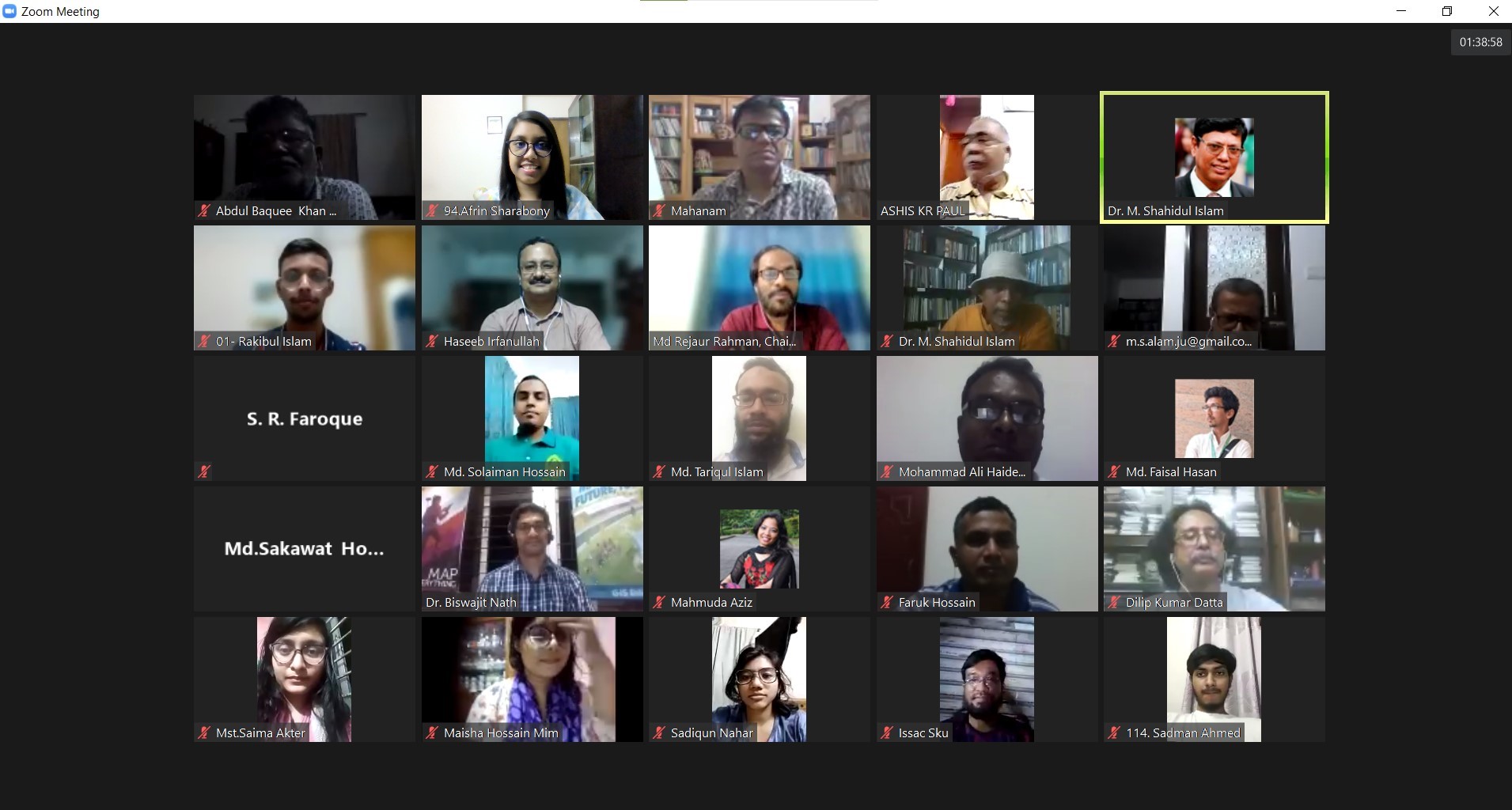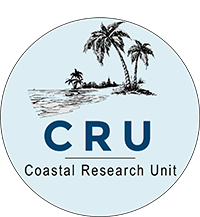Nature-based Solutions (NbS) and Our Coastal Ecosystems
Dr. Haseeb Md. Irfanullah
Summary of the Presentation
Nature-based Solutions (NbS) is a new concept that has recently drawn attention to the policymakers. The idea of NbS came as a solution to sustain the ecosystem (natural or modified) services. In fact, NbS is an umbrella concept that involves all types of ecosystem-based approaches viz. ecosystem protection, specific issues related to ecosystem, e.g. ecosystem-based adaptation, mitigation, disaster risk reduction, green infrastructure, ecosystem-based management and ecosystem restoration. These approaches will help to overcome various societal challenges. Consequently, it would be beneficial for both human and biodiversity.
Ecosystems are interlinked to disaster, resilience and vulnerability. Ecosystem degradation, due to human and natural interventions, results in ecological and social vulnerability. Therefore, ecosystem and vulnerability has an inverse relationship. On the other hand, by ensuring sustainable ecosystem, a healthy ecosystem can be developed which will increase social and ecological resilience. Overall, if the ecosystem is healthy enough, we will be more resilient against disasters and climate change.
Coastal afforestation, natural drainage path resolution, flood risk management in urban areas, slope stabilization in hilly areas, stream-bank protection, wetland creation, mangrove plantation are some examples of Nature-based Solutions. The ecosystem-based approaches have been found to be more cost-effective and impactful than engineered approaches. Moreover, according to a study, NbS may reduce the global temperature by 2100. Although there are multiple advantages of NbS, it is encouraged to establish both green and grey (engineered) infrastructures rather relying on only one type. Bangladesh Delta Plan-2100 and Sustainable Development Plan includes various NbS, for example, conservation and protection of wetlands and ecosystems, coastal mangrove plantation, environmental fiscal reforms etc. However, evidence and understanding of the effectiveness of NbS is still limited in Bangladesh.
There are eight criteria set by IUCN for global standards for NbS: addressing societal challenges, designing at scale, considering biodiversity net-gain, being economically viable, managing adoptively and mainstreaming sustainably. Along with following the standard, the NbS should be implemented based on research and evidence. Else, the solutions will be ineffective and non-adaptive.

